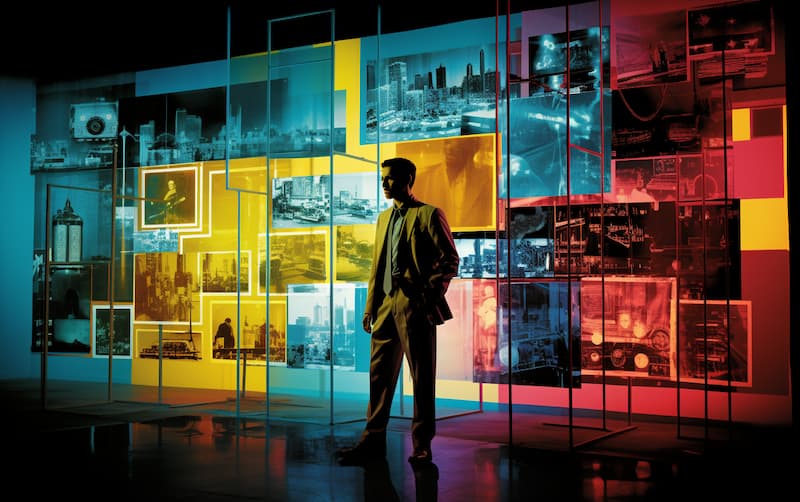Generative AI is poised to disrupt Hollywood and the broader media landscape. According to a recent report by Lucidworks, 96% of entertainment and media companies plan to increase spending on generative AI technology. This rush towards AI-generated content comes as the Hollywood writer's strike reaches 100 days, highlighting fears that creatives' jobs could be impacted by advanced algorithms.
Entertainment Leaders in Adopting Generative AI
The Lucidworks report found that entertainment, technology, and consumer products companies lead in plans to boost generative AI investments. An astounding 96% of executives at entertainment firms are prioritizing spending in this area. Other leaders include tech companies (96%), consumer products (96%), construction/real estate (95%), and transportation (94%).
This flood of investment means virtually every industry is embracing generative AI in some capacity. The technology can autonomously generate content, images, and even entire virtual environments. While the quality varies, improvements are happening rapidly.
Concerns Over Job Losses for Hollywood Creatives
The breakneck speed of advancement worries creatives, like those currently striking in Hollywood. An OpenAI study found writers and authors have an 83% exposure to generative AI impacts. As algorithms create synthetic content, many jobs could change or even face elimination.
By 2025, some predict 90% of Hollywood content could use AI generation. While synthetic actors and imagery exist today, experts theorize AI could soon write full TV show episodes and movies with only text prompts.
Balancing Job Loss Fears with Rapid Change
Generative AI brings massive opportunities but also poses challenges regarding displaced workers. Companies and governments will need to grapple with this tension, as the technology fundamentally alters content production.
Training for new roles provides one path forward. But the scale of change will likely require additional interventions to support displaced creatives. Finding the right balance presents an enormous test as generative AI continues advancing exponentially.
Conclusion
The investment numbers show generative AI will indelibly transform the media landscape. Virtually every industry is adopting the technology, with entertainment companies leading the way. While it brings promise, fears persist, especially as the writer's strike highlights vulnerabilities. There are no easy answers, but proactive policies to retrain and support displaced creatives represent steps in the right direction. Generative AI brings massive change, but we must work to shape it responsibly.






